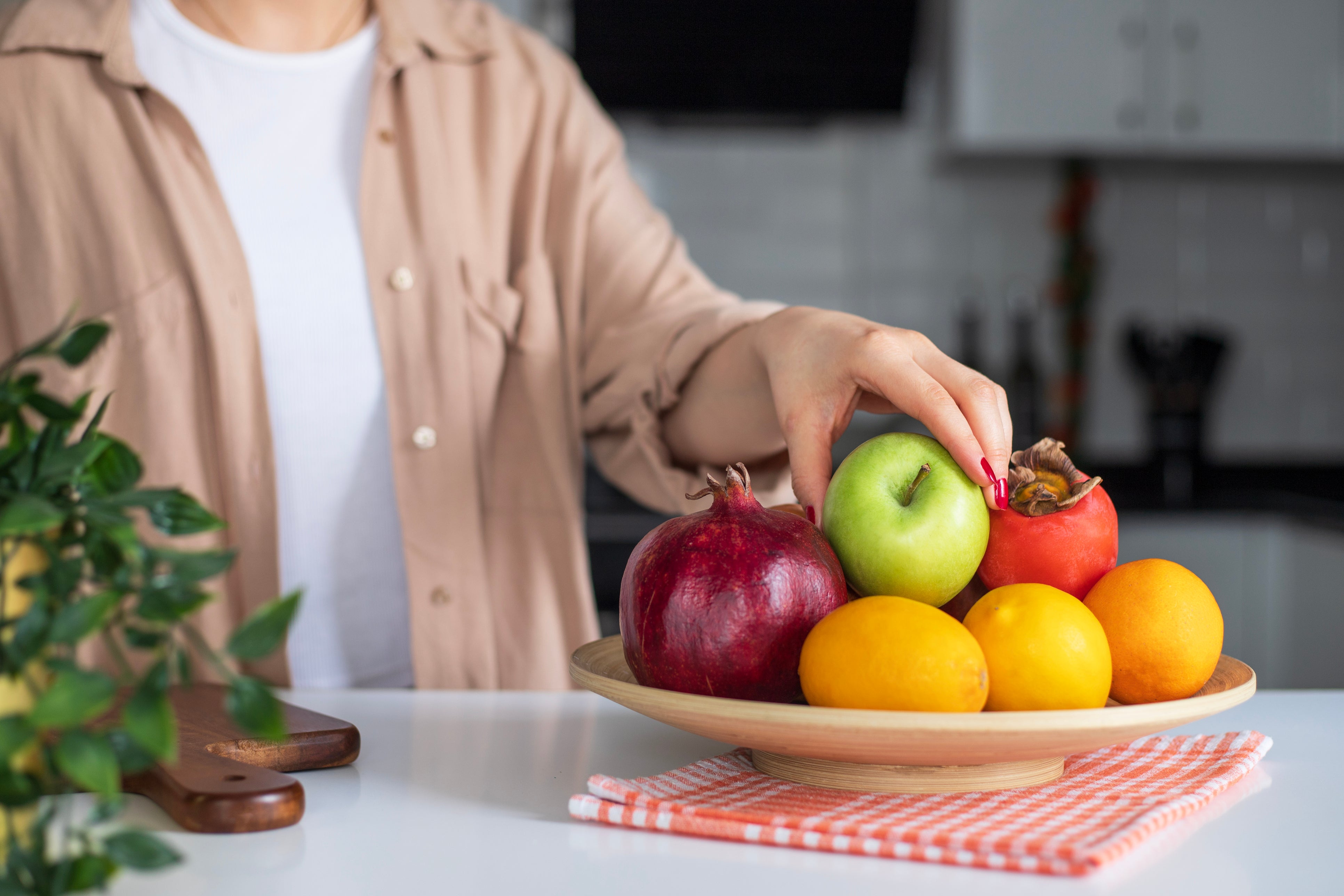You need fibre. That much is true. But in the world of online health trends, what started out as sound dietary advice has spiralled into “fibremaxxing” – a push to consume eye-watering amounts in the name of wellness.
In the UK, NHS guidelines suggest that an adult should consume at least 30g of fibre a day. Children and teens typically need much less.
Yet despite clear guidelines, most Britons fall short of their daily fibre target. One major culprit? The rise of ultra-processed foods, or UPFs. UK adults now get over 54% of their daily calories from ultra-processed foods. For teenagers, it’s nearer 66%.
This matters because UPFs are typically low in fibre and micronutrients, while being high in sugar, salt and unhealthy fats. When these foods dominate our plate, naturally fibre-rich whole foods get pushed out.
Studies show that as ultra-processed food intake increases, fibre consumption decreases, along with other essential nutrients. The result is a population falling well short of its daily fibre target.

Dietary fibre is essential for good health as part of a balanced diet. And it is best found in natural plant-based foods.
Adding high fibre foods to your meals and snacks throughout a typical day, such as switching to wholegrain bread for breakfast, keeping the skin on fruits like an apple, adding lentils and onions to a chilli evening meal and eating a handful of pumpkin seeds or Brazil nuts between meals, would help an average person hit their 30g-a-day dietary requirements.
Displacement
With fibremaxxing, what might make this trend somewhat dangerous is the removal of other food groups such as proteins, carbohydrates and fats and replacing them with fibre-dense foods, supplements or powder. This is where the potential risk could mitigate the benefits of increasing fibre, as no robust studies in humans – as far as I’m aware – have been conducted on long-term fibre intakes over 40g a day. (Some advocates of fibremaxxing suggest consuming between 50 and 100g a day.)
Eating too much fibre too quickly – especially without enough water – can lead to bloating, cramping and constipation. It can also cause a buildup of gas that can escape at the most inconvenient moments, like during a daily commute.
Rapidly increasing fibre intake or consuming too much can interfere with the absorption of essential micronutrients like iron, which supports normal body function, as well as macronutrients, which provide the energy needed for movement, repair and adaptation.

However, it’s important to remember that increasing fibre in your diet offers a wide range of health benefits. It supports a healthy digestive system by promoting regular bowel movements and reducing the occurrence of inflammatory bowel disease.
Soluble fibre helps to regulate blood sugar levels by slowing the absorption of glucose, making it especially helpful for people at risk of type 2 diabetes. It also lowers LDL (bad) cholesterol, reducing the risk of heart disease. Fibre keeps you feeling full for longer, which supports healthy weight management and appetite regulation. These findings are all well documented.
Additionally, a high-fibre diet has been linked to a lower risk of certain cancers, particularly colon cancer, by helping to remove toxins efficiently from the body. Gradually increasing fibre intake to recommended levels – through a balanced, varied diet – can offer real health benefits.
Given the evidence, it’s clear that many of us could benefit from eating more fibre – but within reason.
Until we know more, it’s safest to stick to fibre intake within current guidelines, and get it from natural sources rather than powders or supplements. Fibre is vital, but more isn’t always better. Skip the social media fads and aim for balance: whole grains, veg, nuts and seeds. Your gut – and your fellow commuters – will thank you.
Lewis Mattin is a Senior Lecturer in Life Sciences at the University of Westminster.
This article is republished from The Conversation under a Creative Commons license. Read the original article.




